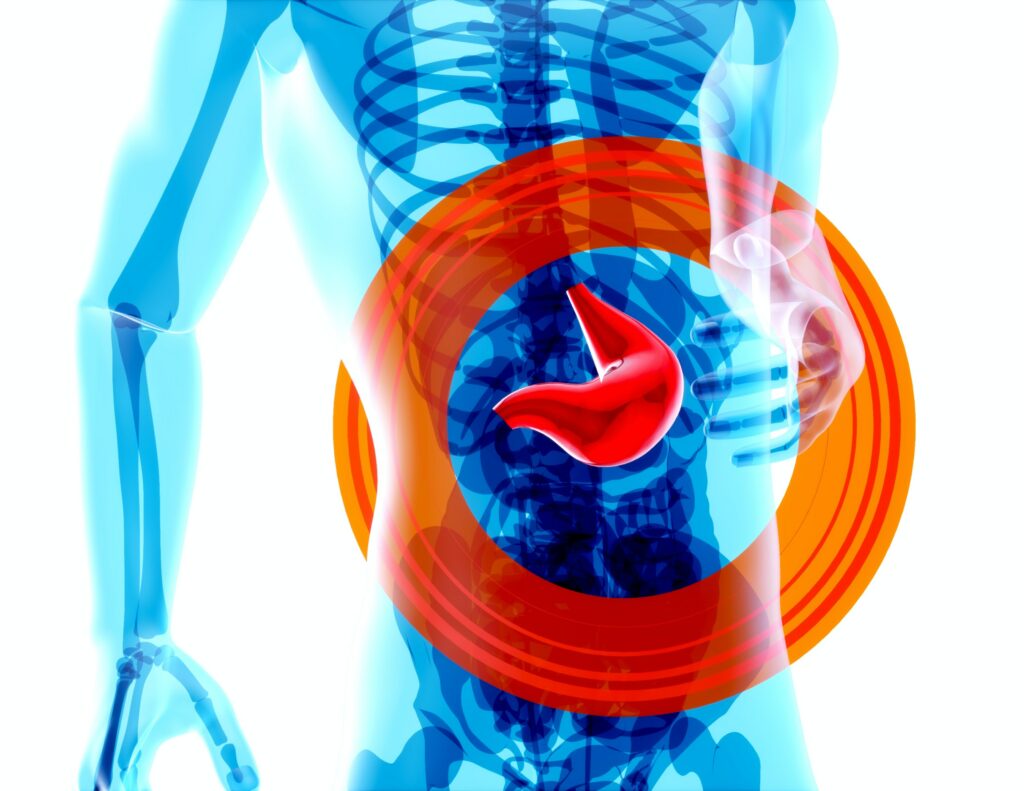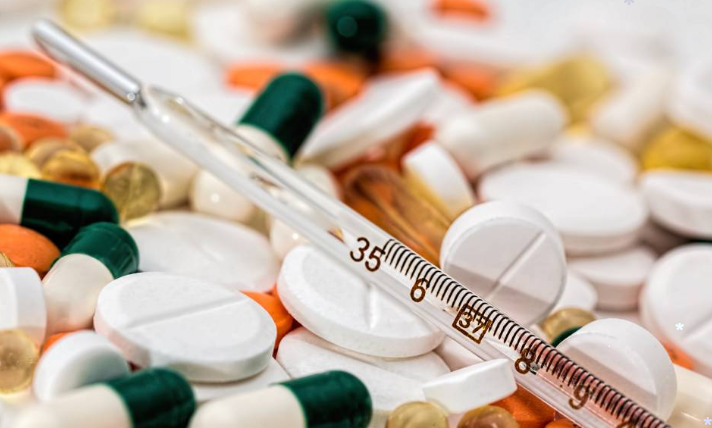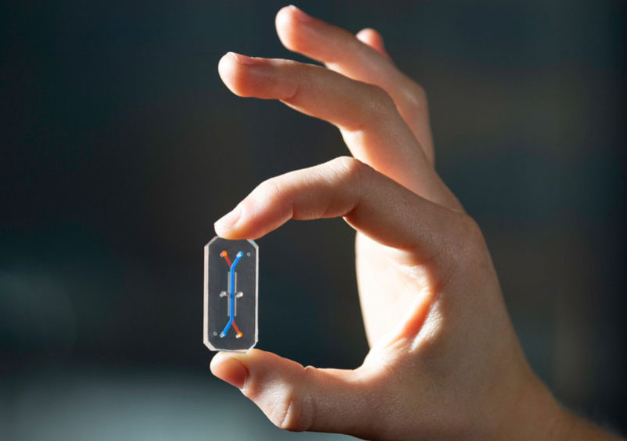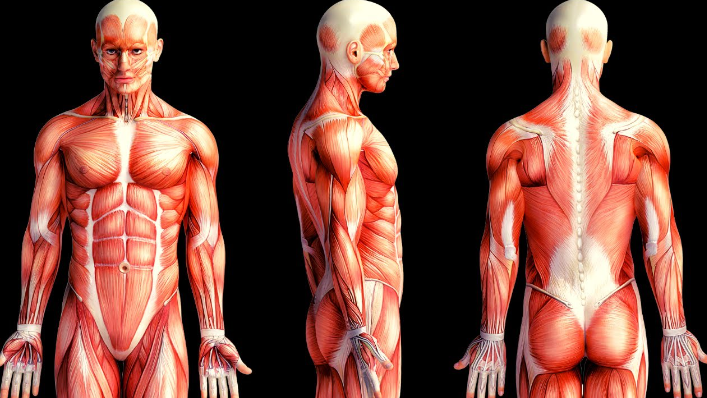A human liver on a chip can detect drug reactions!

A lab-grown liver substitute may better predict poor drug responses than animal tests. A human liver chip — liver cells grown on a membrane along with various types of supporting cells — formed structures reminiscent of bile ducts and reacted to drugs similar to intact livers, researchers report. Similar rat and dog liver chips also process drugs like normal livers in those species, allowing scientists to compare the reactions of human liver cells to drugs with those of other species.
Rats, dogs and other animals are often used to test whether drugs are toxic to humans before administering them to people, but an earlier study found that animal tests correctly identified only 71 percent of drug toxicities.


The liver chip is designed to detect adverse drug reactions that animal testing might miss. For example, bosentan, a drug for high blood pressure, does not harm the liver in rats, but it causes bile salts to build up in the liver of humans and damage the organ. Those effects were mimicked by the chips, entrepreneurs at Boston-based Emulate Inc., which makes the chips, have found.
Some drugs that were toxic to dogs and rats might not harm people, tests of human liver chips also suggest. Development of an experimental compound called JNJ-2 was halted because it caused liver fibrosis, or scarring, in rats, but the human liver chip did not show any negative reactions, suggesting it might be safe for people.





Responses